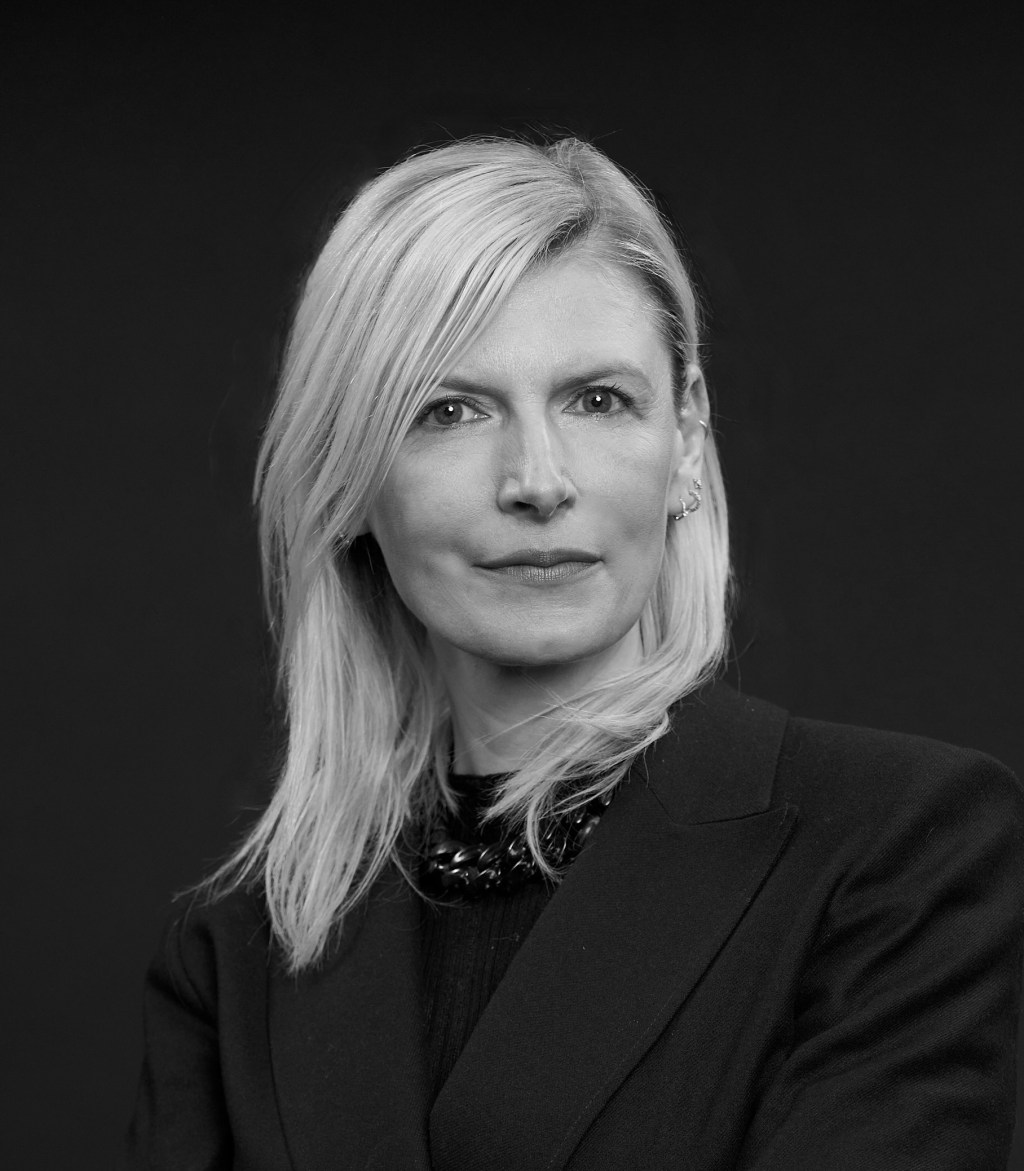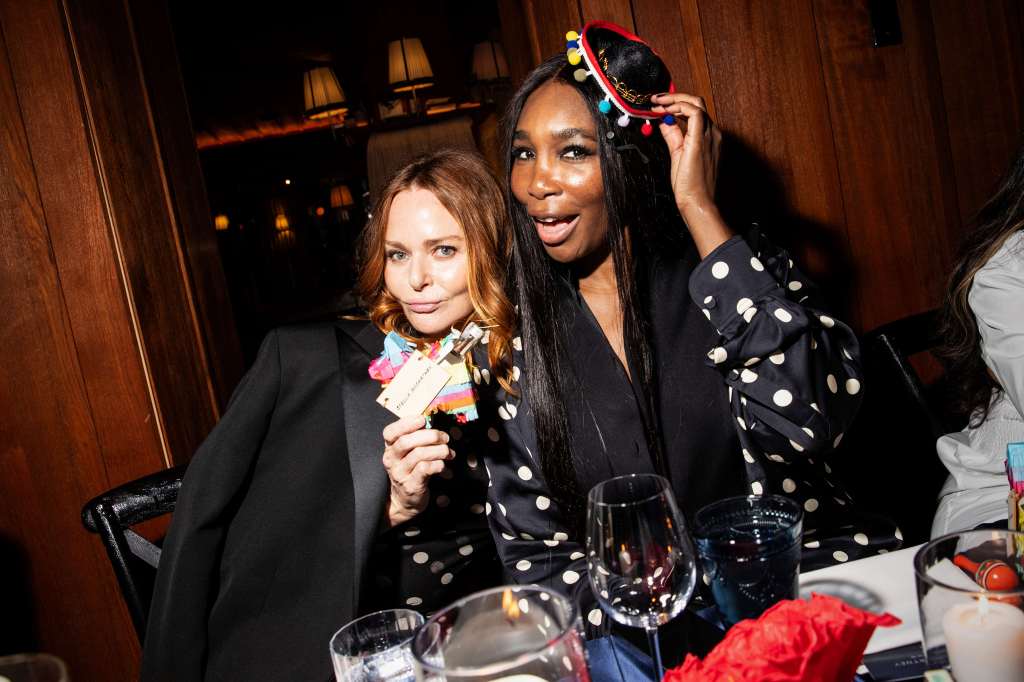NO FUR: Following a statement from environmental protection organization LAV, which declared that Max Mara was going fur-free, the Italian group issued a statement clarifying its position.
“We confirm that the brands of the Max Mara Fashion Group have not been selling fur products for some seasons,” denying the release of any “public statement. Through internal communication, we have reassured our employees, who have been subjected to pressure and violence — particularly in the United States — that the company has long chosen not to use fur in its products and that we will explore all available legal solutions to protect them from systematic privacy violations and repeated psychological abuse.”
The privately held Max Mara Fashion Group that also owns Weekend Max Mara, Sportmax, Max & Co. and Marina Rinaldi, among others, has for some time been at the receiving end of a global campaign, which spanned the United States, Europe, Japan and Australia, demanding the end of the use of fur. A year-and-a-half-long campaign led by the Coalition to Abolish the Fur Trade (CAFT) included residential picketing and mounting pressure from activists worldwide.
You May Also Like
“Max Mara’s decision will spare countless animals a horrific life spent almost entirely in tiny wire cages,” said CAFT in a statement received on Tuesday. “Now that Max Mara has capitulated, CAFT intends to shift our focus to Anne Fontaine as our primary target.”
PETA’s vice president of corporate projects Yvonne Taylor expressed the association’s approval for Max Mara’s stance, adding that “as the final holdouts ditch fur, PETA urges LVMH — owner of Louis Vuitton and Dior and a major sponsor of this year’s Olympics — to get with the times and follow Max Mara’s lead.”
LVMH Moët Hennessy Louis Vuitton, parent company of Dior and Fendi, continues to use fur, while luxury houses such as the Giorgio Armani Group, Burberry, Chanel, Marc Jacobs, Prada, Valentino and Versace among others have stopped selling fur, although it was never a core part of their businesses. French luxury conglomerate Kering committed to a fur-free policy across all brands including Alexander McQueen, Balenciaga and Gucci, which came into effect with the fall 2022 collections.
Retailers in the U.S. including Macy’s, Nordstrom and Saks Fifth Avenue, and Hudson’s Bay in Canada, have adopted fur-free policies. Online retailer Farfetch also banned fur items from its offerings in 2019.
The Fur Free Alliance, which includes the Humane Society International, launched a global campaign during fashion weeks in February 2024 in New York City, London, Milan and Paris targeting Max Mara.
Joh Vinding, chairman of the Fur Free Alliance, said on Tuesday that “The Fur Free Alliance applauds Max Mara for going fur-free. Max Mara was one of the last global fashion brands that still sold fur, so we’re glad they have now joined a growing list of fur-free brands that want nothing to do with animal cruelty associated with the fur trade.”



